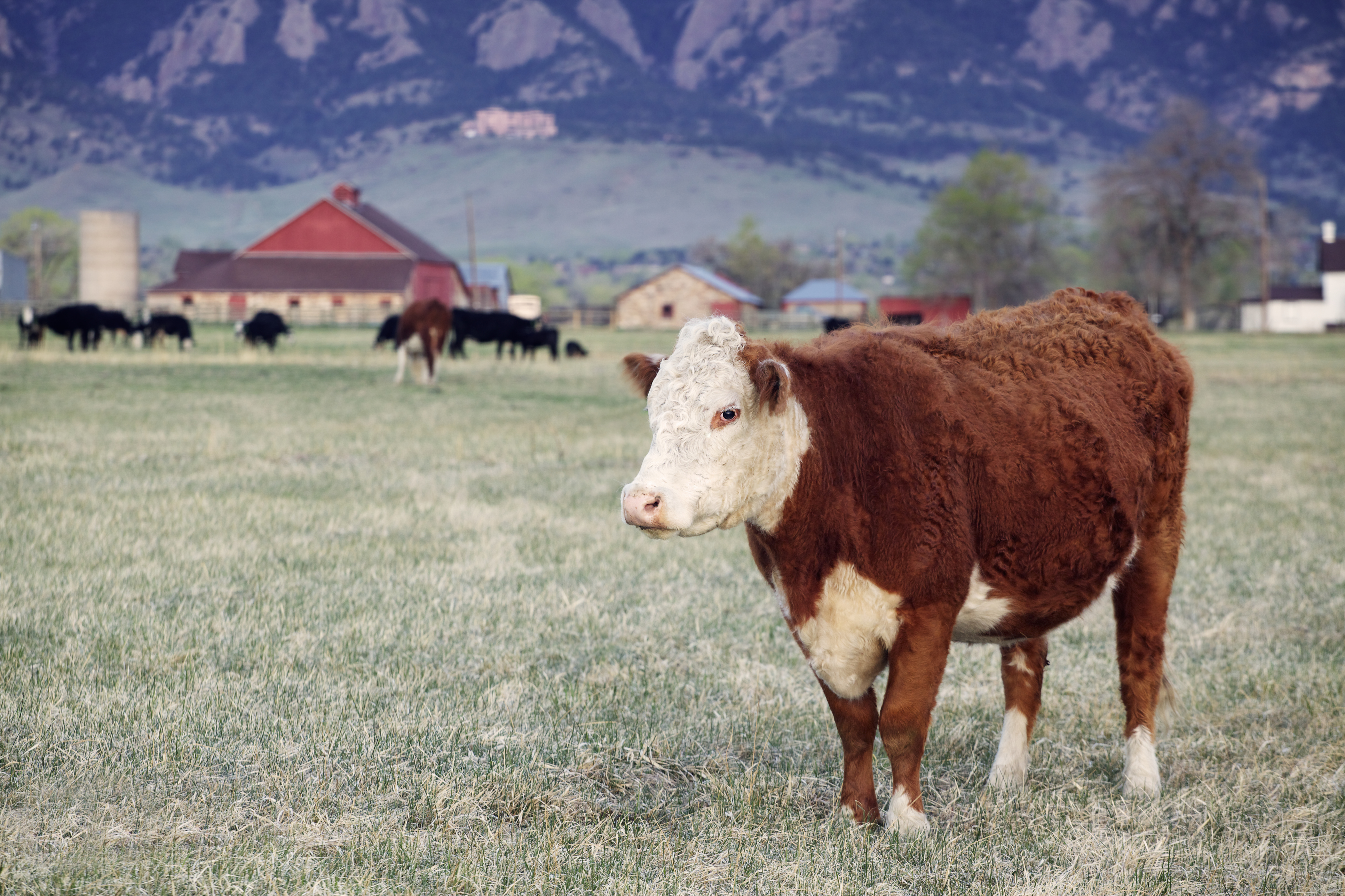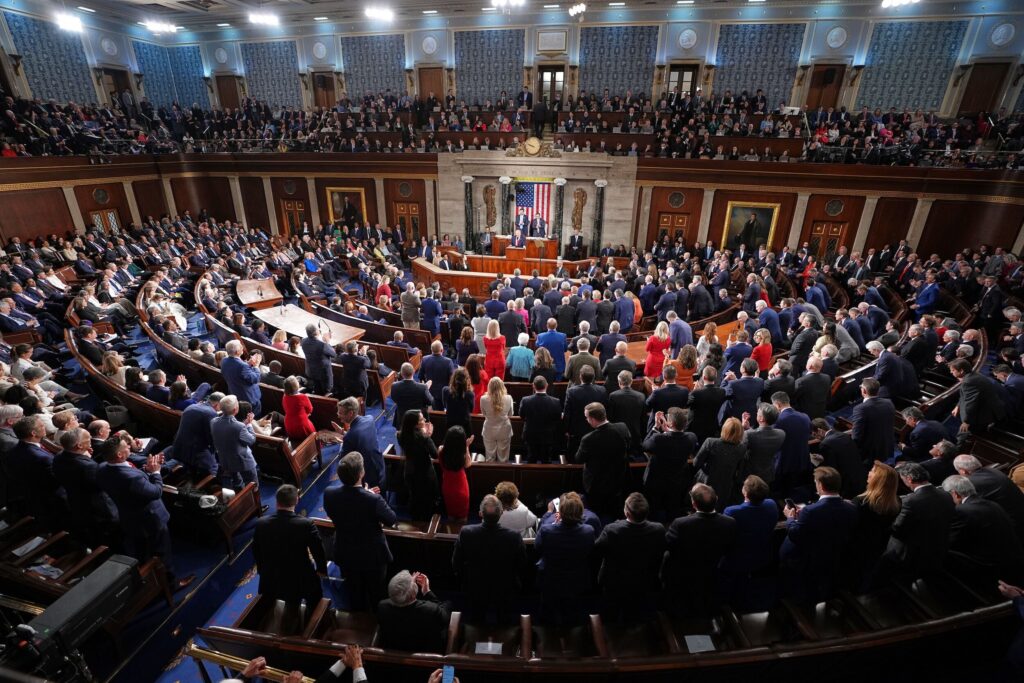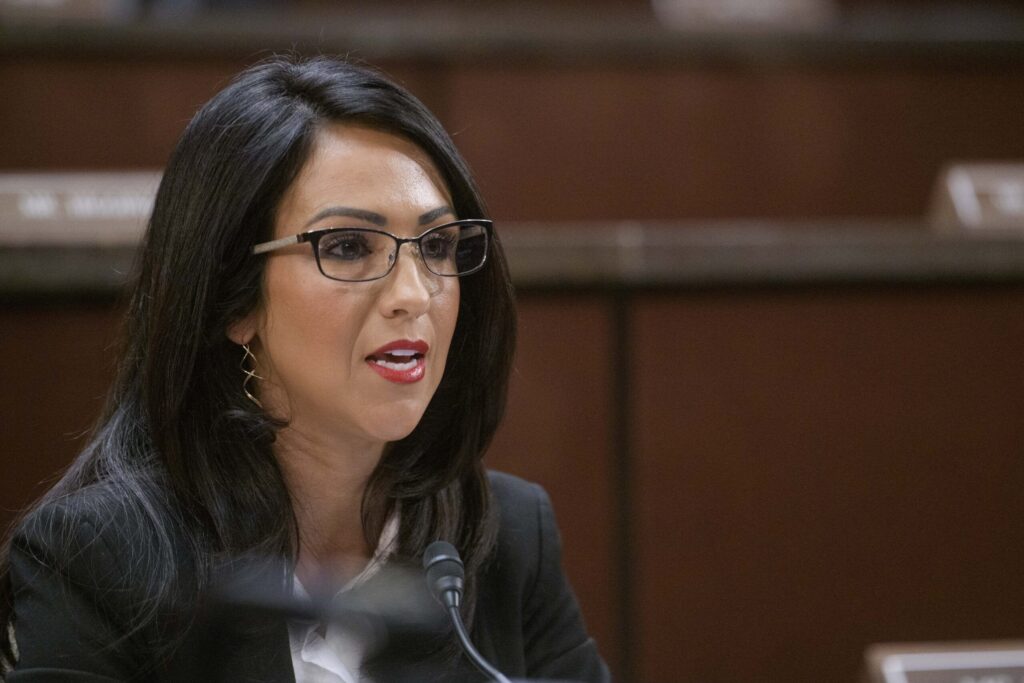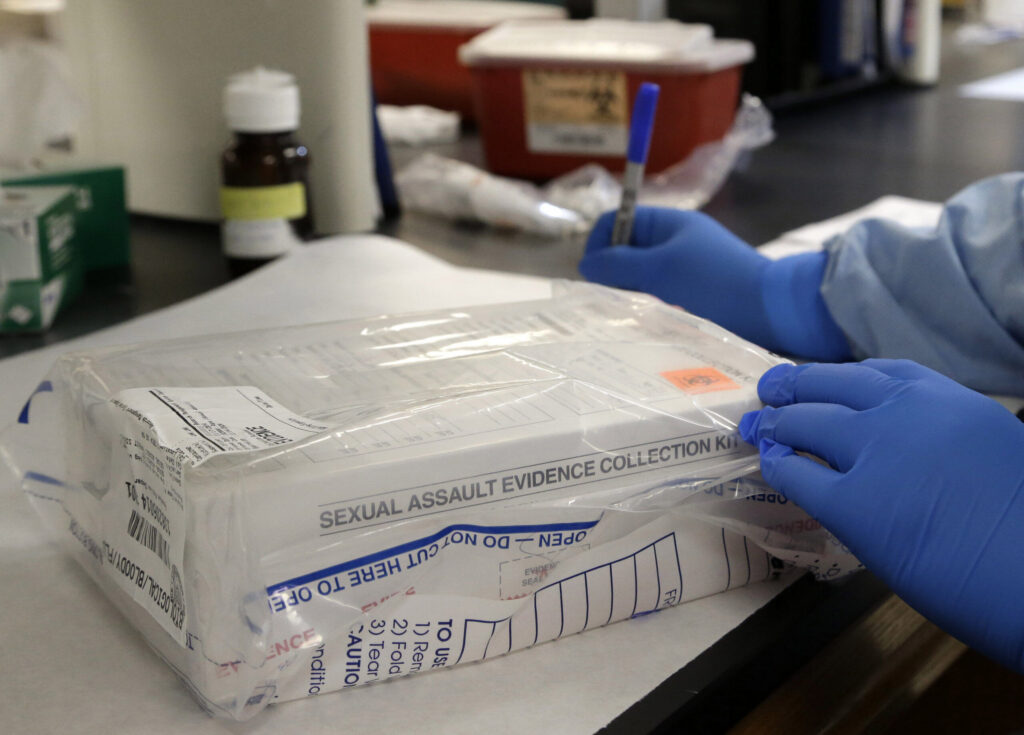‘Tariffs matter’ and farmers feel pain, Colorado’s ag commissioner tells lawmakers
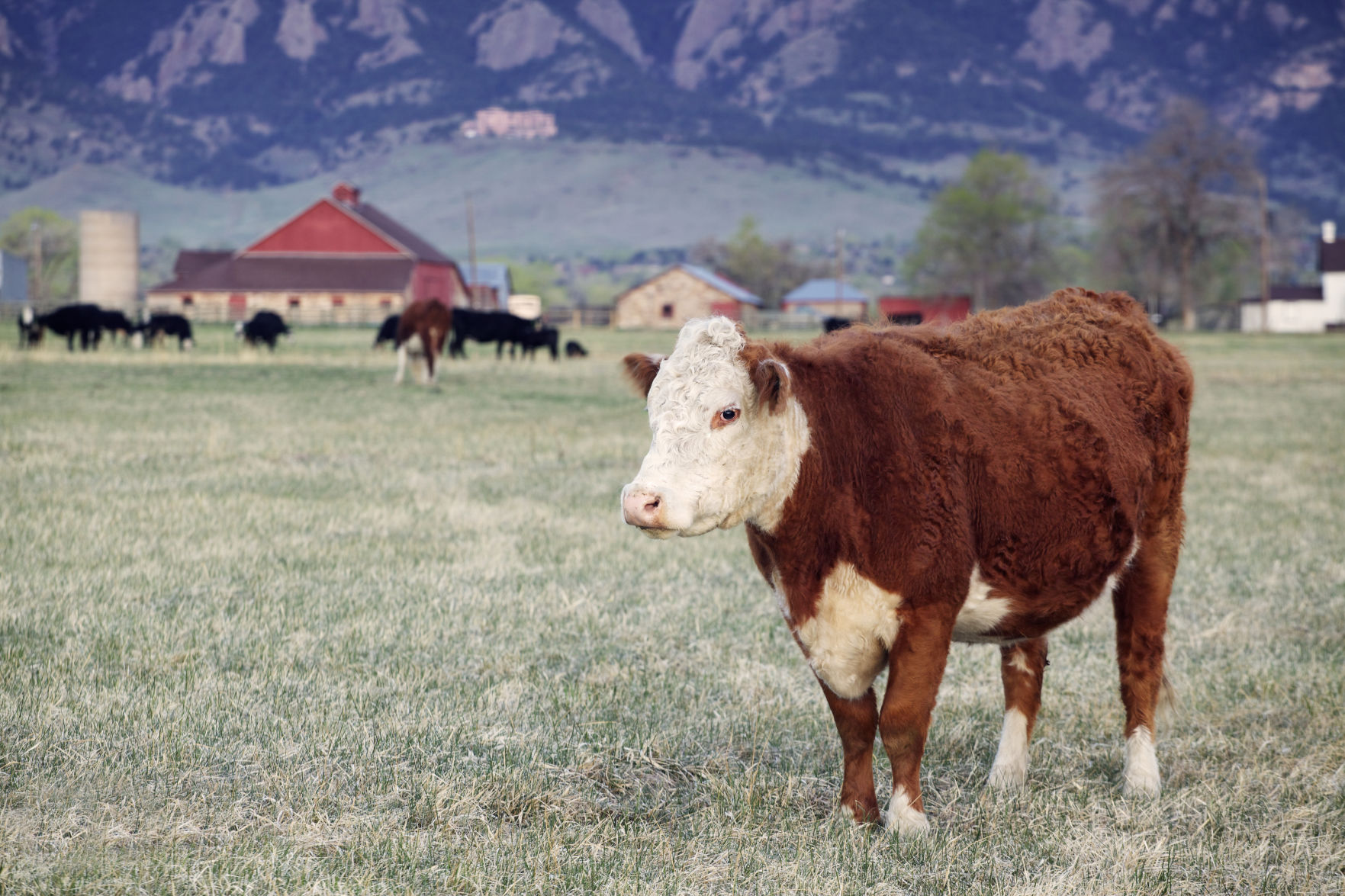
States with high soybean exports are suffering, and the pain is reaching even a non-soybean state like Colorado, Colorado Commissioner of Agriculture Don Brown told lawmakers.
The commissioner spoke to a joint session of the state House and Senate committees on agriculture and natural resources Wednesday.
“Tariffs matter,” Brown said.
The three “I” states — Illinois, Indiana and Iowa — are being hit hard by President Donald Trump’s trade war with major trading partners, particularly China, Brown said. China buys 80 percent of the soybeans grown in Iowa.
And the Nebraska Farm Bureau recently reported its agriculture industry could lose $1 billion from the tariffs, primarily for corn, soybeans and hogs.
With the China market largely cut off, that means farmers are turning to other crops. Brown said that has generally been corn, and that change is what could hit Colorado corn.
More corn grown by former soybean producers means more corn on the market, and that could depress prices, including in Colorado, which grows most of its corn for livestock feed, Brown said. Even though we don’t grow soybeans, the tariffs’ impact is instead hitting Colorado corn when those other states turn to corn.
Dairy, wheat and corn are suffering in Colorado. Wheat prices have dropped by more than 50 percent in the last six years, corn is down 62 percent and cattle prices are down 32 percent in the same time period, Brown said.
And expenses are up; it cost $316 per acre to farm corn; now it takes $728 per acre.
“This is why we’re struggling,” Brown said. “Expenses have outrun” prices. And then there’s the lack of water: almost every county in the state is in drought.
Colorado agriculture also faces stress from other issues, including the lack of understanding by urban Coloradans about where their food comes from, he said.
Another, more recent problem is mental health. The Colorado Crisis Line, at Brown’s behest, added training a year ago in how to “speak ag.” When someone says they can’t feed their cattle, that means they can’t feed their kids or make their mortgage payments, Brown said.
That resonated with state Sen. Jerry Sonnenberg of Sterling, who chairs the Senate Agriculture, Natural Resources and Energy Committee and said his community has been hit by suicides in the agriculture industry. Brown noted there recently were four suicides in a month in Kiowa County, and said he believed some involved the ag community.
The hearing, part of the legislature’s annual review of state agency budgets and programs, was not without a little fireworks on another topic.
In a discussion of Colorado Proud, the program to market state-produced food, Republican Rep. Kimmi Lewis of Kim asked about the criteria for Colorado Proud, and how a product gets that label.
Lewis has twice unsuccessfully sponsored “country of origin” legislation, which would require Colorado grocery stores to show where beef products come from.
Tom Lipetzky, director of the department’s markets division, explained that the Colorado Proud branding is for products grown, raised or processed in Colorado. The criteria aren’t set in statute or even by rule; Lipetzky said it is an internal policy.
Lewis asked if that would allow beef from Mexico, for example, to be labeled Colorado Proud. After some prodding, Lipetzky said it could, if it were processed in the state.
Lewis also complained that while the ag department showed where it exports Colorado agriculture products, it offered no information on what gets imported into Colorado. She noted that when her cattle gets sick, they have to be treated and quarantined. But she is concerned that prices for Colorado beef are being negatively impacted by beef imports from other states or other countries which she indicated may not have the same restrictions.
However, Lipetzky explained that imports are subject to U.S. regulations protect food safety.
